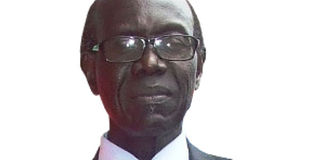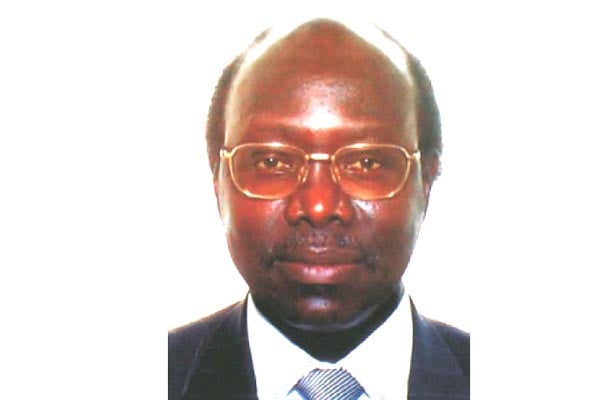Workers of Uganda unite

What you need to know:
- The theme for Labour Day of 2022 is: “Mitigating the impact of Covid-19: enhancing productive employment for improved livelihoods through Parish Development Model.”
Today is Labour Day. It’s observed annually as a public holiday to enable Ugandans, Africans and others to celebrate the achievements and contributions of the gallant and industrious workers. The national celebrations will take place at Kololo Independence Grounds, Kampala.
The theme for Labour Day of 2022 is: “Mitigating the impact of Covid-19: enhancing productive employment for improved livelihoods through Parish Development Model.”
The importance and dignity of work is recognised by God who created heaven and earth and everything therein. On the subject of work, Jesus Christ told Jewish authorities who were persecuting him as follows: “My Father is always working, and I too must work.” John 5: 17 (GNB)
Against this background, it is embarrassing that unlike in the good old days of the 1960s and 1970s, today’s generation of Ugandans despise work. Most of Uganda’s young men do not like to work. They prefer handouts from their parents, uncles, politicians and government.
This negative attitude towards work is a legacy of the NRM regime which has introduced dubious programmes such as Entandikwa, Bona Bagaggawale, Emyooga, Operation Wealth Creation (OWC) and Parish Development Model (PDM) to dish out public funds to bribe and buy political support for the party. No wonder these political projects are always rolled out when elections are due. All able-bodied Ugandans have an obligation to work. As St Paul wrote, “Whoever refuses to work is not allowed to eat.” 2 Thessalonians 3: 10 (GNB)
I wrote an opinion about PDM published in Sunday Monitor of March 13 titled, “Parish Development Model a futile exercise” which exposed this dishonest, fake and fraudulent project.
Struggle for minimum wage
Uganda is regrettably one of a few countries in the World which do not have a minimum wage for workers. It’s not because Ugandan workers do not deserve a minimum wage; it is because NRM lacks compassion and vision, and does not care about the needs, plight and welfare of workers of Uganda. Contrary to what the regime claims, Uganda’s principal resources are not oil and coffee, but our human resources, namely, the people of Uganda.
By definition, minimum wage is the lowest monetary value which is paid to a worker at a particular point in time. It’s payable to a worker for work performed or services rendered within a given period, usually one month, and is guaranteed by law. The minimum wage should cater for the minimum needs of a worker and his or her family.
The struggle for minimum wage in Uganda is not new, it started in 1935 when the British colonial regime introduced minimum wage boards to determine minimum wage for unskilled employees. The boards were appointed in 1947 and in 1950 the first minimum wage was set at Shs33. Minimum Wages Advisory Boards and Wages Councils Act was enacted by the colonial parliament (Legco) in 1957 when I was a student in P5.
After independence in 1962, the first UPC government established a minimum wage advisory board which fixed minimum wage for workers in 1965 and 1970. The minimum wage was revised by the second UPC government in 1984. Unlike its predecessors, including the British colonial regime, the NRM government has rejected several demands made by the workers of Uganda, through NOTU and workers MPs, for a minimum wage.
The callous, outrageous and unreasonable position adopted by the NRM government is indefensible, unpatriotic and unacceptable and since Uganda is a member of International Labour Organisation (ILO), it’s a gross violation of international law. I urge the workers of Uganda to unite and wage a patriotic and relentless struggle for their inalienable rights. Aluta continua! Victory is certain.
Mr Acemah is a political scientist and retired career diplomat. [email protected]




